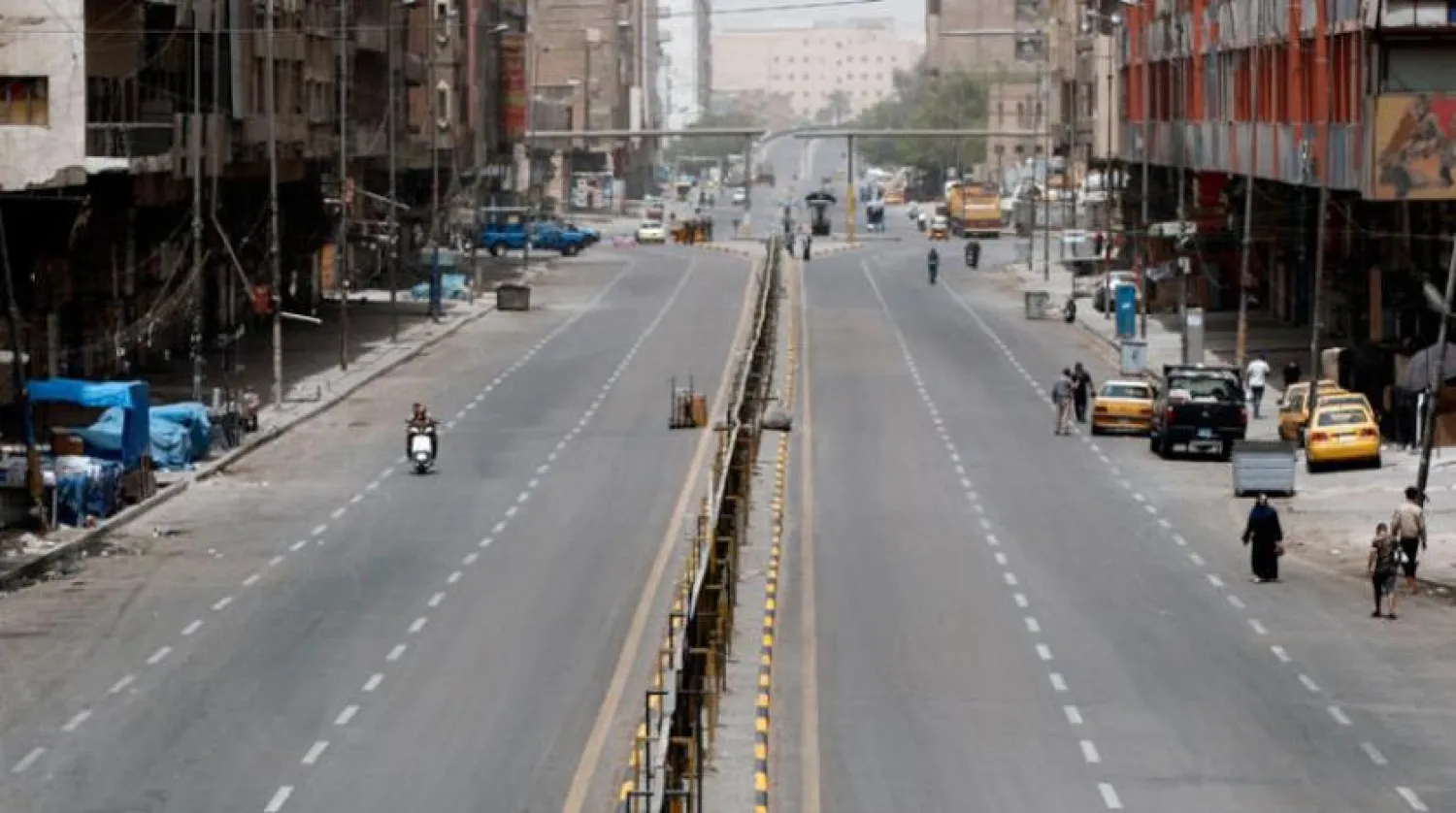The Iraqi government imposed a full nationwide curfew in Iraq to contain the spread of the COVID-19 pandemic, sparking anger among Iraqis who fear the repercussions of lockdown on their livelihood.
Many Iraqis called on the authorities to cancel the 10-day full curfew which went into effect on Thursday, especially that the government did not provide financial aid for the poor during lockdown.
In this regard, Fadel Al-Gharawi, a member of the Human Rights Commission in Iraq, said that the strict measures imposed by the government were security-related.
"These measures are being implemented without taking into account the humanitarian situation in the country,” said Al-Gharawi.
“Thousands of families live on daily incomes, of which they were deprived during the lockdown.”
He pointed out that “Iraq does not need a total lockdown, but rather needs to enforce preventive measures and encourage citizens to receive vaccines.”
Al-Gharawi called on the concerned authorities to ease the restrictive measures and cancel the total lockdown, giving more freedom to those who were vaccinated.
Iraq has seen a surge of new infections in recent weeks. It reported 4,512 new cases on Thursday, raising the total number of infections to 130,000 cases, of which 15,883 have died.









